South Lebanon women’s networks train in conflict prevention
Date:
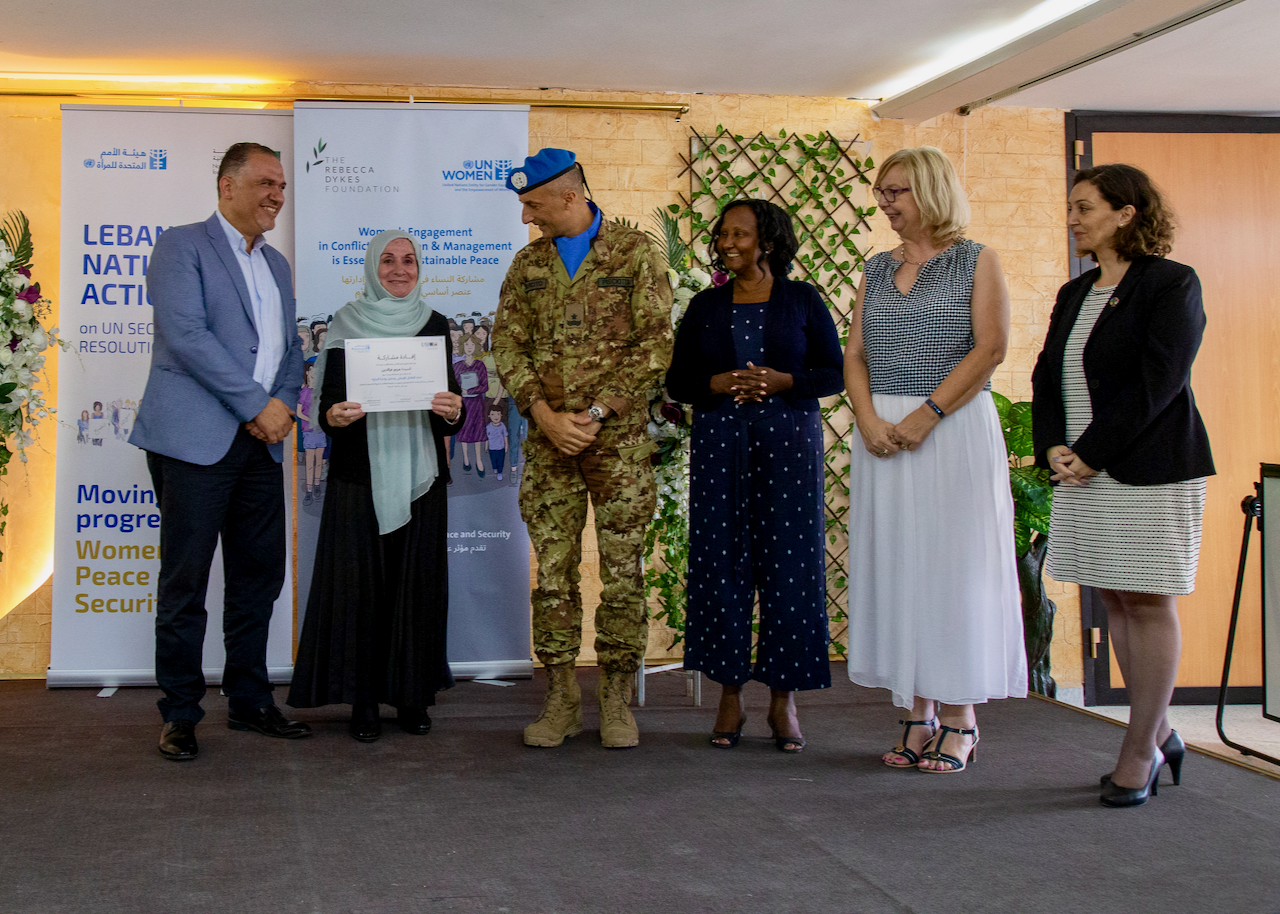
More than two dozen women members of the Tyre and Abbassiyeh women’s mediation networks in South Lebanon are participating in a series of training in conflict prevention generously supported by the Rebecca Dykes Foundation.
The networks, aimed at strengthening the role of women in decreasing tensions and supporting local conflict resolution efforts in local communities, were established by UN Women in partnership with the UN Interim Forces in Lebanon (UNIFIL) and the Centre for Professional Mediation at the University of Saint Joseph.
The soon-to-be community mediators have acquired skills including in conflict analysis, building rapport, negotiations, facilitation and leadership. In the coming months, they will develop and carryout small initiatives that promote dialogue to help decrease tensions in their local communities.
Members of the networks come from all walks of life and serve as leaders within their communities, as teachers, university professors, other professionals, students, members of local councils, women’s rights and environmental activists.
Lebanon’s National Action Plan (NAP) on UN Security Council Resolution 1325 on Women, Peace and Security, endorsed by Lebanon’s Council of Ministers this year, supports women’s participation in decision-making processes including in playing active roles in conflict resolution at the local and national level.
Global data demonstrates that women’s participation in conflict prevention is essential for achieving lasting, just and positive peace. Women’s engagement both broadens the perspective brought to political dialogues and enables their voices and priorities to be reflected.
Meet some of the networks’ members:
Rabab Qassem, artisan seamstress
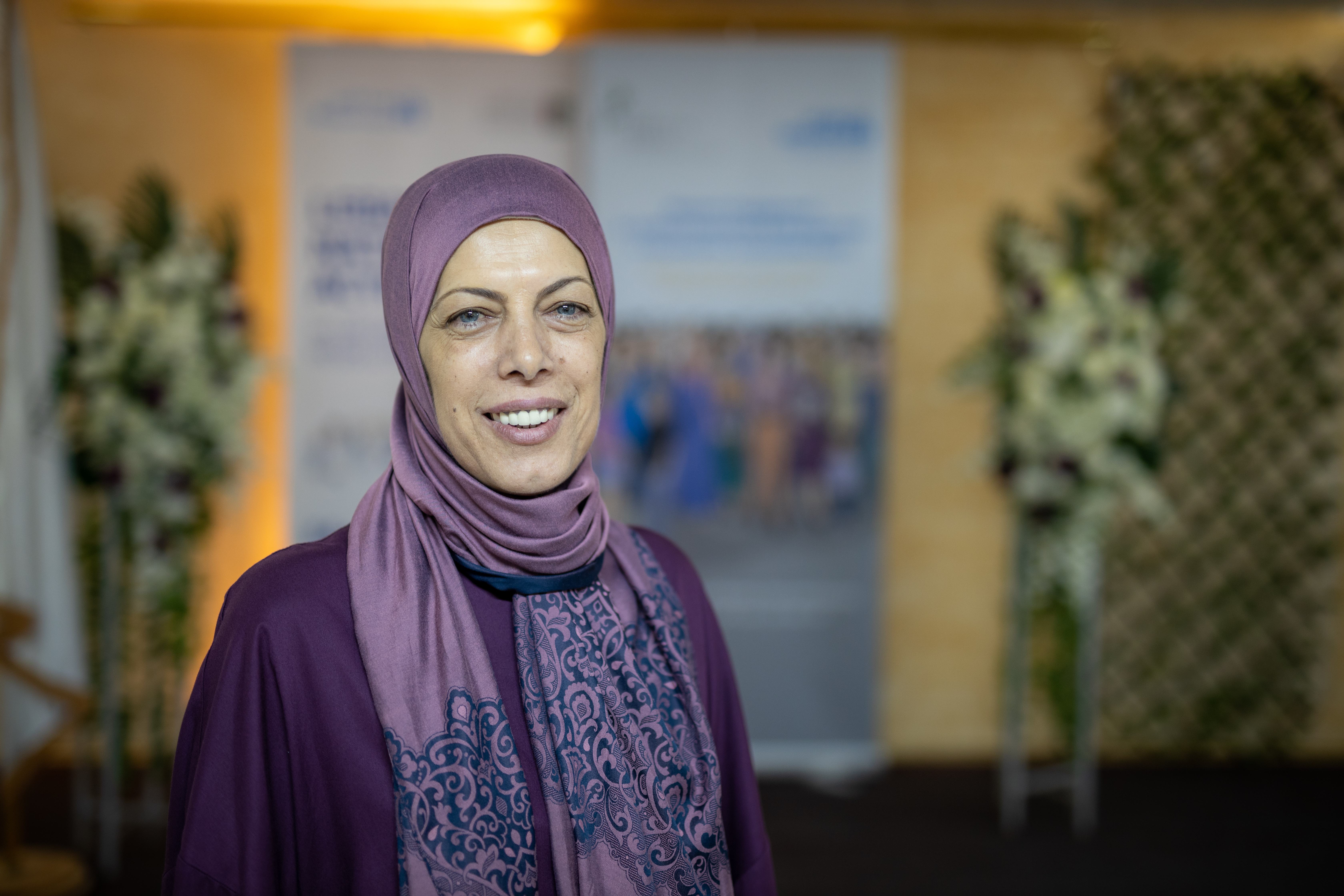
In Arab societies we experience conflict at many different levels: inheritance, wars, sectarianism, and that's why we as individuals have to create networks to be able to resolve all types of conflict. Every conflict in society has a solution. With the help of everyone, hopefully we can resolve them to decrease the degree of conflicts in our communities.
Faten Chalhoub, University professor and education/environmental activist
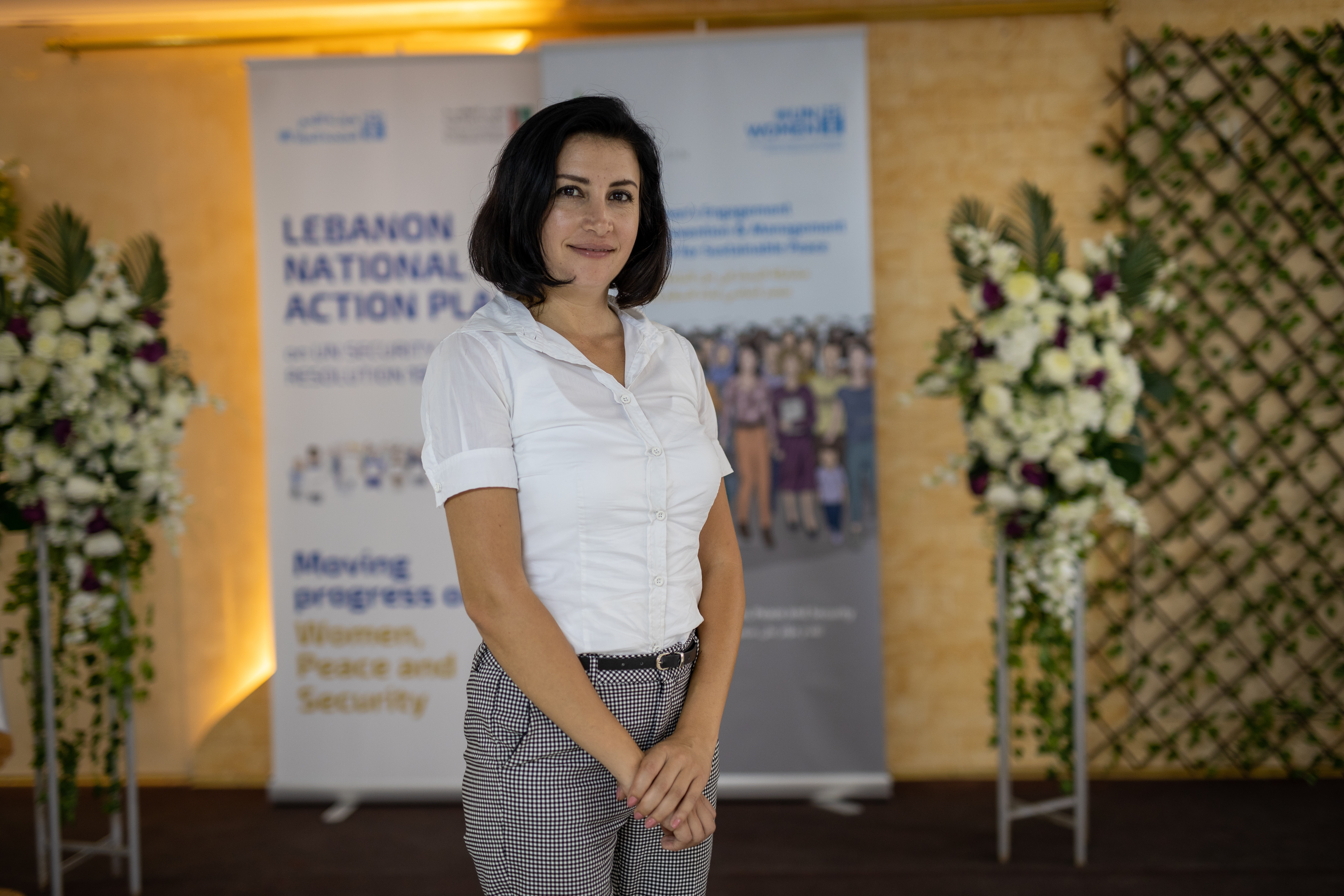
I firmly believe that the presence of women - their capacity, their thoughts, actions, and different perspectives to issues in addition to their ability to take on different tasks - contributes greatly to the development of our society and to the better management of our familial and public affairs. I have noticed how things are changing when women are present during meetings requiring decision-making and other men have noticed the effectiveness of women and how much they can give to society if given the opportunity and a seat at the table.
Hanan Saleh
University professor
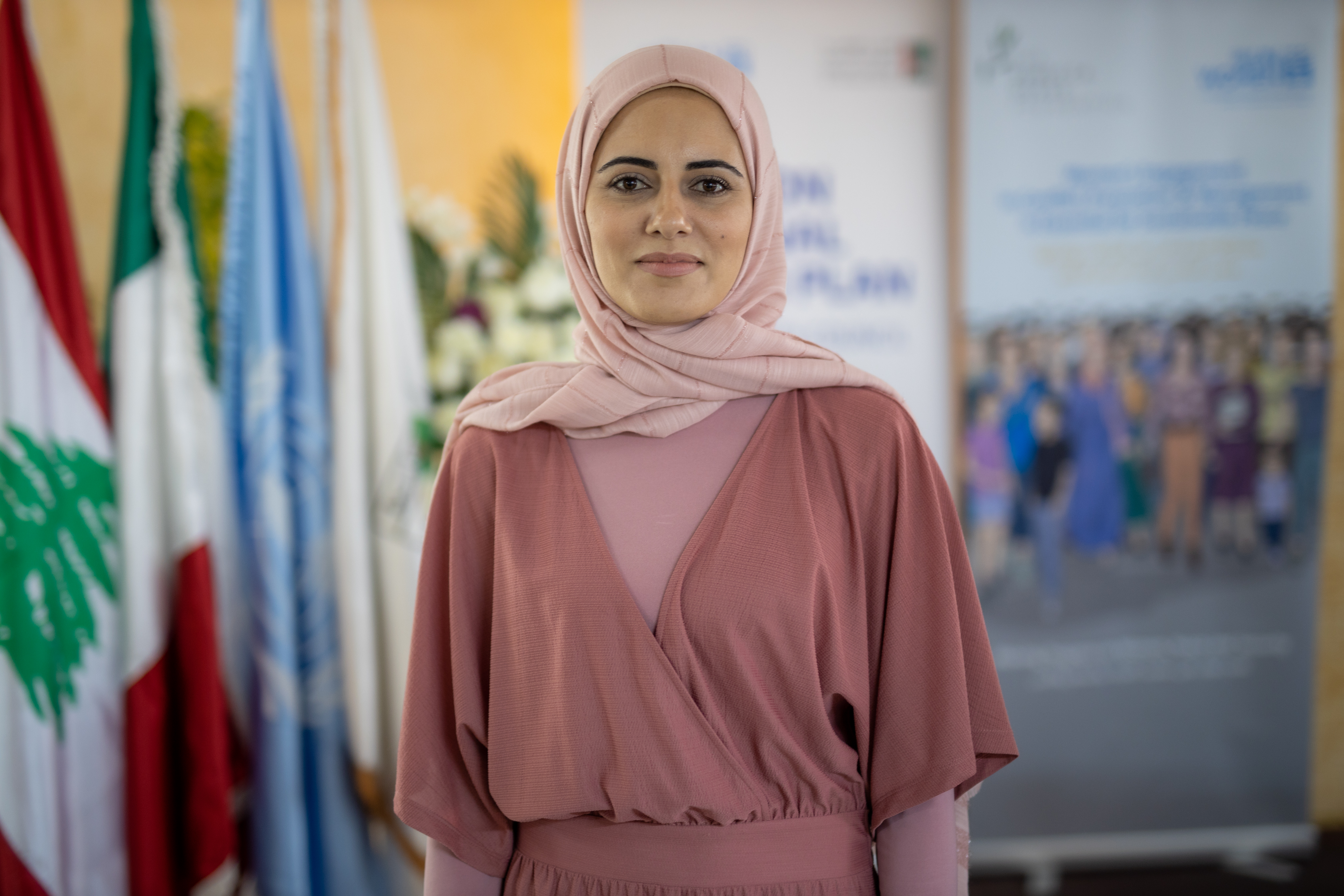
Peace is necessary for the revival of society and its development and these trainings contribute to the understanding of dialogue and conflict resolution. I used my new skills in my work in an educational institution with my students and I succeeded in facilitating dialogue, establishing positive and effective communication especially during difficult situations and during brainstorming sessions. This is what I am trying to accomplish; to help myself and others to decrease tensions to concentrate more our collective energies and to benefit from our diversity and different points of view so that our diverse thoughts are seen as richness and not a place of conflict.
Rola Bzeih, UNIFIL Civil Affairs Officer
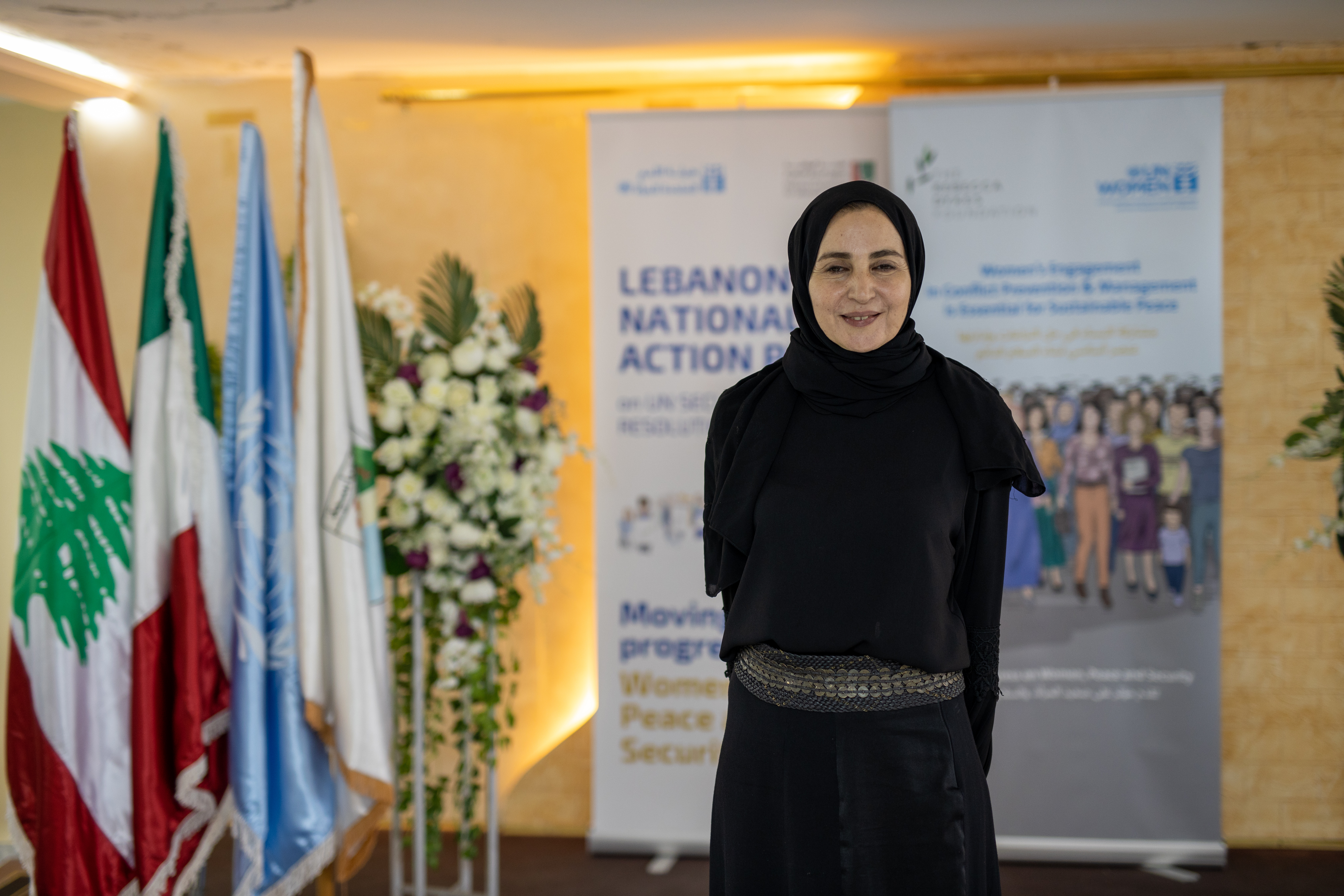
I underwent this training primarily because I believe that women are excellent communicators and I believe in the power of women to be leaders and use mediation skills in various aspects of their lives: personal, social and professional. The impact of the training so far has been quick to show positive results providing me with tools which I’m able to apply regularly on both the personal and professional levels. It is also an enriching experience sharing common concerns with other women and learning from each other.
Nour Saleh
Student; architect and interior designer, artist, and women's rights activist
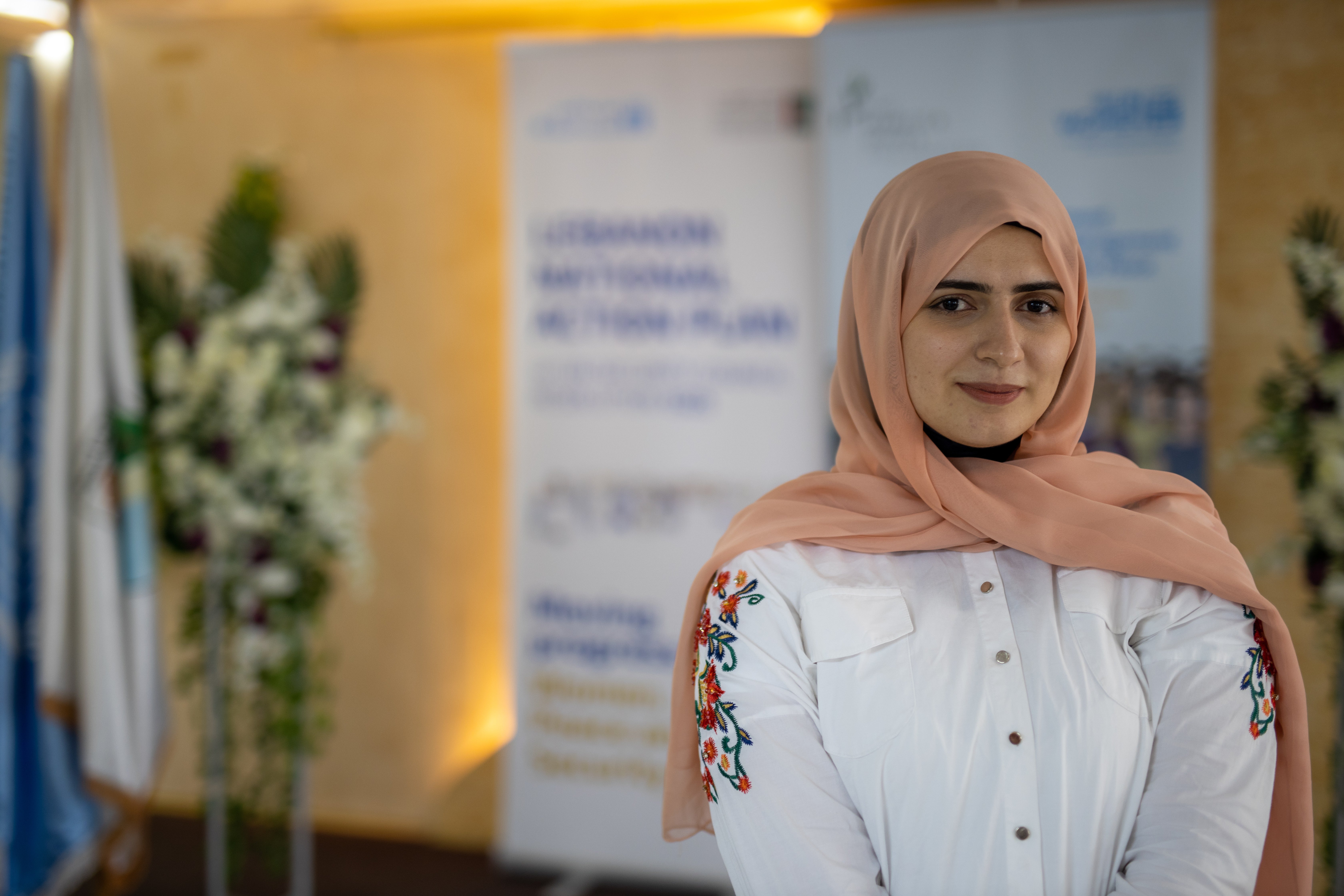
I believe that the youth are capable to make a change in society. I, as a young woman, am interested about society’s progress, therefore I’ve joined these trainings to implement what I’ve learned here to prevent conflicts that can be faced in our lives. As a university student, I’ve tried to implement everything I learned here from knowledge to new skills. Communication with family, friends and even with new people has become much easier, and finally we can talk about everything we want without judgements or conflicts.
All photos: UN Women/Emad Karim